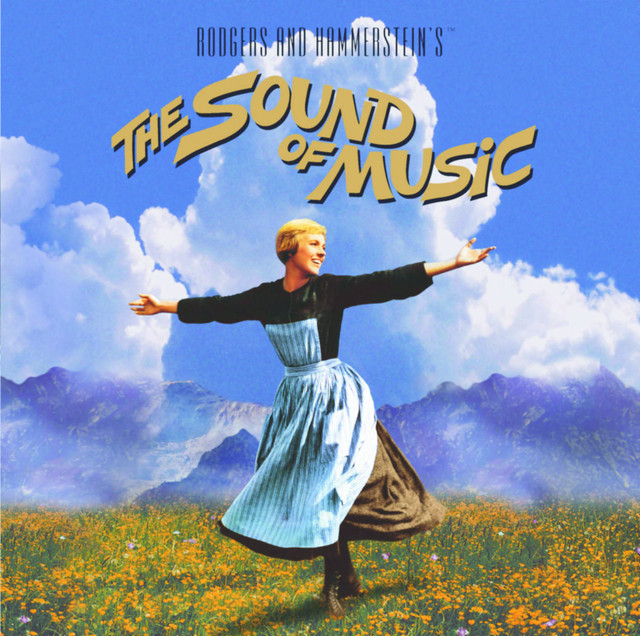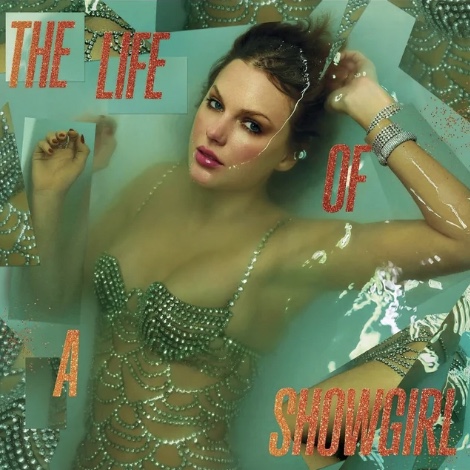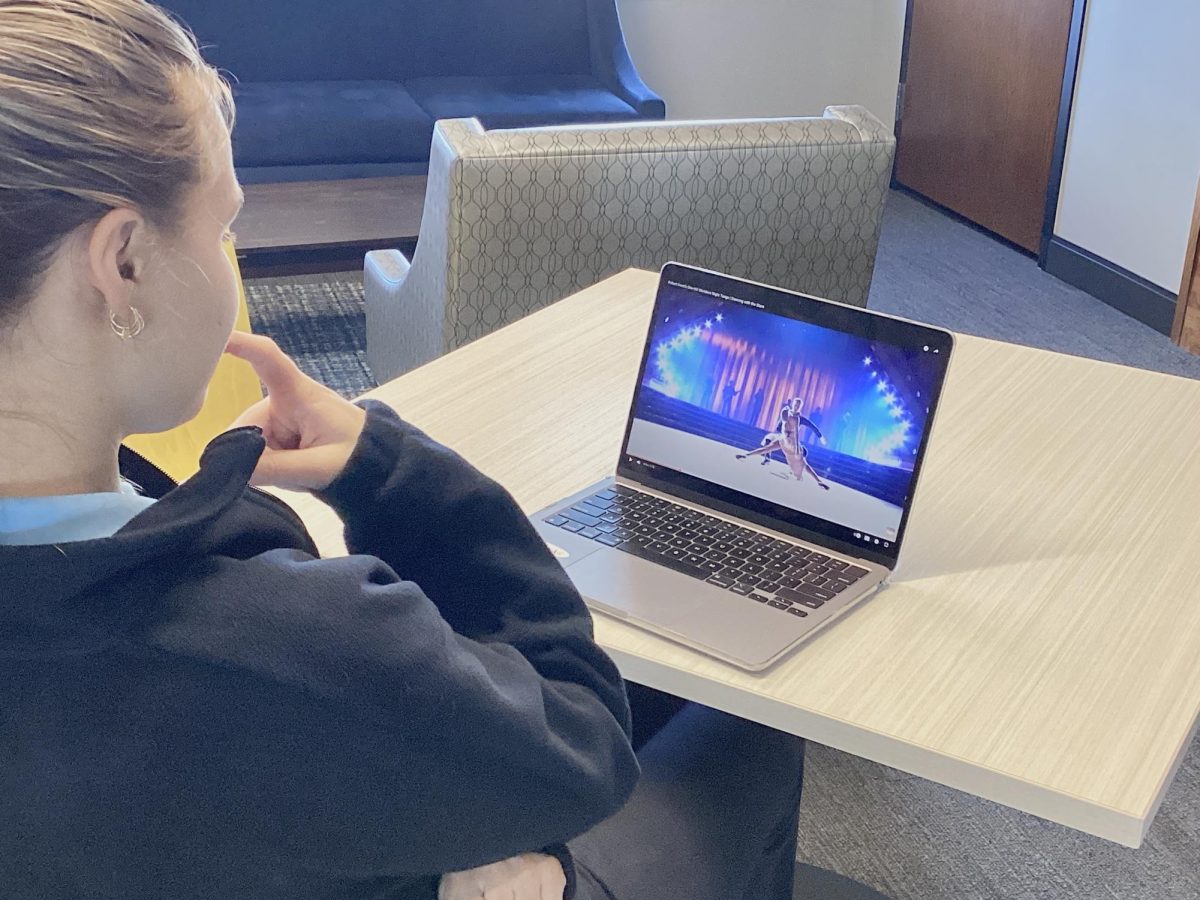He’s the heartbreak kid of “American Idol” — a young man responsible for what has been called the biggest tear-jerker moment in the show’s history.
But Chris Medina, a 26-year-old Chicago native, also unwittingly ignited a spirited, multifaceted debate that has fans pondering questions of exploitation, unfair competitive advantages and what it is, exactly, that we want from reality TV.
Last week, Medina, 26, turned millions of viewers into blubbering wrecks when he revealed the tragic tale of his beautiful fiancee, Juliana Ramos, who suffered a traumatic brain injury in a car accident just two months before their planned wedding day.
Another emotional wallop followed when “Idol’s” sympathetic judges invited Medina to bring Ramos into the audition room. She arrived, shaking with tremors, in her wheelchair. Steven Tyler, the breakout star of Season 10, caressed her hair and tenderly whispered in her ear.
Say what you will about TV’s top show, but its producers aren’t dumb. They strategically used the segment as the climax to the Milwaukee auditions and repeatedly promoted it throughout the night. And it had a powerful effect: You’d have to have a heart of marble not to be moved.
But it also left some of us feeling like we’d been manipulated by the “Idol” machine and prompted complaints that Medina could benefit from an outpouring of sympathy votes down the road. Contestants, after all, ultimately should be judged on artistic merit, not how many eyes they can turn soggy.
Some also found it disturbing that the show would focus its cameras on a woman in such a fragile state. How aware was Ramos of surroundings? Was she capable of giving her consent to be there? Or were producers simply interested in creating a TV moment?
“Idol,” of course, has always exhibited a voracious appetite for sob stories. Over 10 seasons, it has given us struggling single moms, dire illnesses, grieving spouses and more. They are part of what makes the show so compelling. On the other hand, the tales of woe have become so prevalent that they sometimes prompt a gag-reflex, accompanied by a queasy feeling that you’re being played.
Medina’s story stood out not only because we came face-to-face with the tragic consequences of his ordeal, but because his steadfast devotion to Ramos touched something within us. Haven’t we all occasionally wondered whether our loved ones would stand by us if we were somehow incapacitated? And haven’t we questioned if we would possess the necessary selflessness if the scenario was reversed?
Medina’s ordeal also rekindled memories of Season 8’s third-place finisher Danny Gokey, whose wife died of congenital heart disease four weeks before his audition. Gokey clearly had his fans, but many viewers became turned off by the way the producers continually latched on to his back story.
Fair or not, much of that negativity was transferred from the producers to Gokey. And as the season wore on, it became difficult to determine whether his story actually helped or hindered him.
Now Medina appears to be embarking on a similarly tricky path. At least he seems to have some actual talent. His soulful rendition of The Script’s “Break Even” was good enough, tragedy or not, to earn him a trip to Hollywood.
Still, it will be interesting to see how “Idol” frames Medina’s journey from here on out. Producers obviously know they have the makings of good TV; now that they’ve seen the buzz that ensued, they’ll no doubt be tempted to give it more play, possibly at the expense of other contestants who have ample talent but lack the provocative background material.
That wouldn’t be fair to them, or to Medina. Most of all, it wouldn’t be fair to those of us who tune in each week hoping to partake in TV’s ultimate talent show, not a dreary sob-fest.
———
AMERICAN IDOL
8 p.m. EST Wednesday
Fox
———
Chuck Barney: [email protected]
———
(c) 2011, Contra Costa Times (Walnut Creek, Calif.).
Visit the Contra Costa Times on the Web at http://www.contracostatimes.com.
Distributed by McClatchy-Tribune Information Services.








